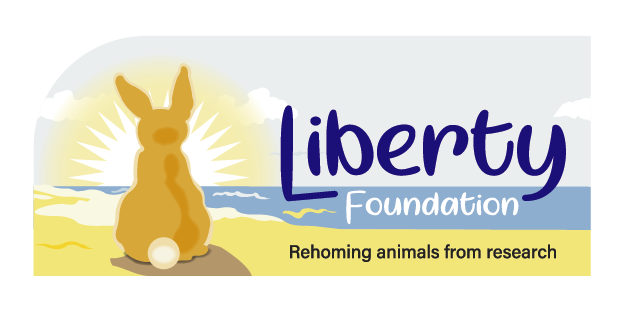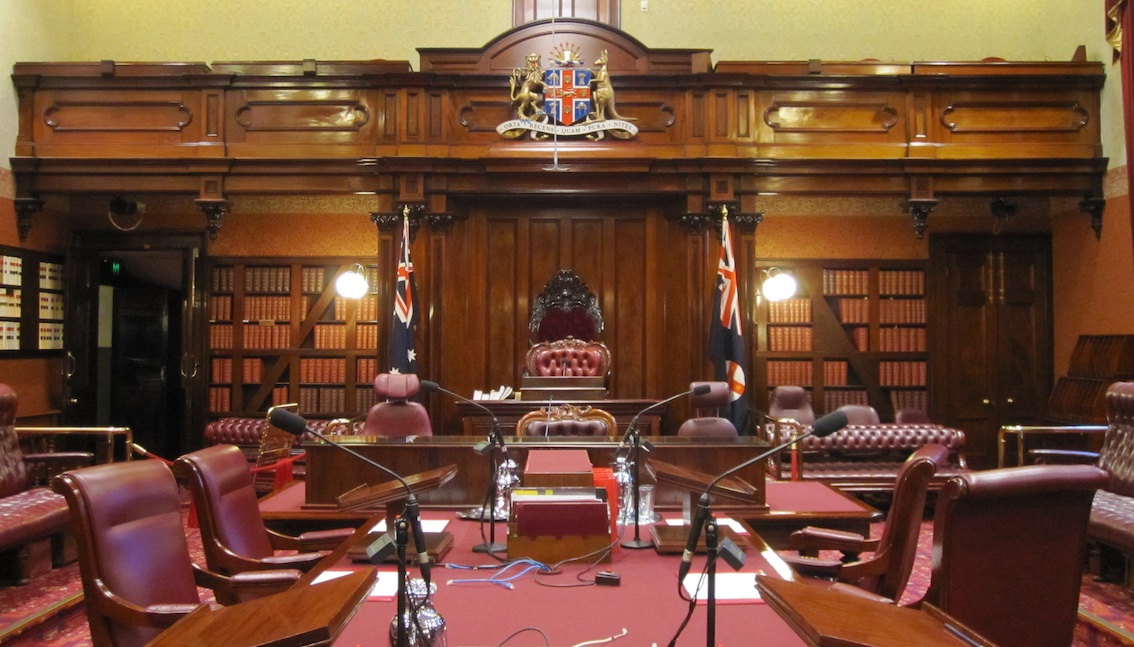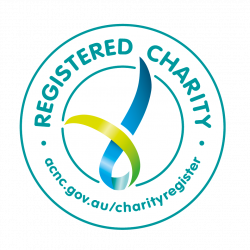We were fortunate to have the opportunity to make a submission to the upcoming NSW parliamentary inquiry into the use of primates and other animals in medical research in NSW.
You can read our submission here.
It’s estimated that there are thousands of non-human animals used for scientific purposes in Australia that could safely live their natural life spans following their use in research but for the majority, where death is not the end point of research itself, euthanasia is still the most common outcome.
While there is insufficient data to enable a sound statistical analysis of animal-based research activities in Australia and the establishments involved, there is ample evidence to predicate the need for a rehoming alternative for the animals that are used in basic/fundamental science, human and animal health research, product and toxicity testing and agricultural research.
By supporting and/or investing in alternative outcomes for these animals, the establishments that are responsible for these animals; the animals themselves; and broader society will benefit in a number of ways.
The advantages of supporting and/or investing in rehoming to establishments that are engaged in – through administering, conducting, funding or supporting – animal-based research, are well-founded and numerous. They range from reputational advantage, to better risk management and alignment with government regulations and public and stakeholder views.
The benefits of rehoming to animals used for scientific purposes are clear and obvious: they will have the opportunity to live out their natural life, as well as experience an environment different from that of the institutional context, free from scientific intervention, where the care and services are available to enable them to lead an enriching existence.
There is in fact a global movement in the rehoming of ex-research animals including sanctuaries or specialist centres. Until recently, there was no such option for animals in Australia but there are now two dedicated charities:
- Liberty Foundation – based in NSW, providing rehoming services for the full range of animals from research that can become pets or companions, or can be retired to farm sanctuaries in Australia, and
- Beagle Freedom Australia – based in Victoria, providing a rehoming service predominantly for dogs and cats in Australia.
Aside from these services, there are no industry/government-supported or dedicated facilities for ex-research animals in Australia.
The rehoming movement globally plays an important role in placing greater awareness and value on the lives of animals; and in assisting research establishments to improve their approach to animal management, increase staff morale and keep pace with international trends and government requirements.
Our recommendations to the NSW government are as follows:
- Request a review of the NHRMC’s Australian code of practice for the care and use of animals for scientific purposes, to make rehoming mandatory for all animals from research and introducing mandatory retirement ages for at least domestic/companion animal species.
- Make it mandatory for research establishments to become signatories to an openness agreement such as the one being considered by the ANZCCART initiative.
- Seek to co-ordinate states and territories to work towards nationally consistent collection and reporting of statistics of animal use in research and science including mandatory reporting on the fate of animals.
- Set up a rehoming taskforce to bring together companion/small animal rescue groups and government to discuss and respond to issues related to rehoming.
- Create funding and grant opportunities, possibly including relevant industry players, for companion/small animal rescue operators across the state.
- Fund and operate programs to support the sector to upskill in rehabilitation and care specifically for animals from research.
Read the full submission here.
Read our latest update on the numbers of animals from research that could be available for rehoming here.





